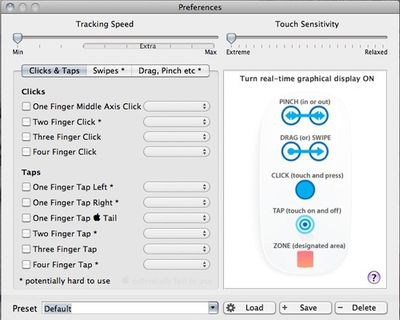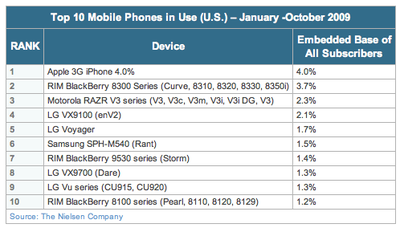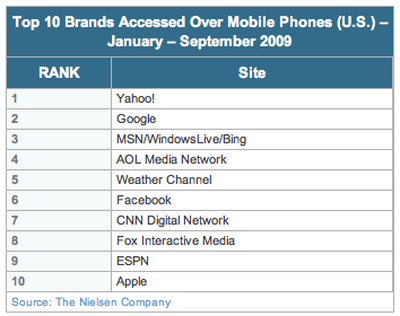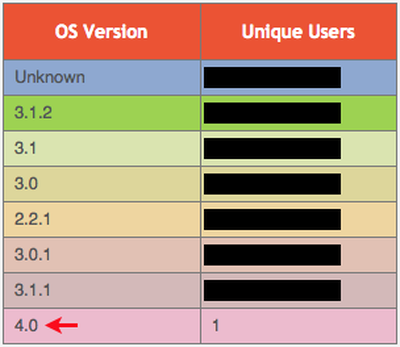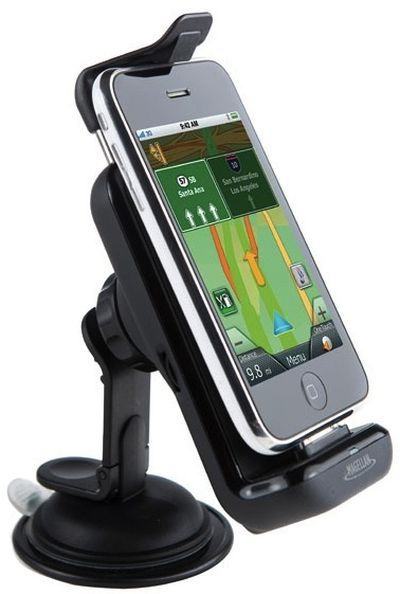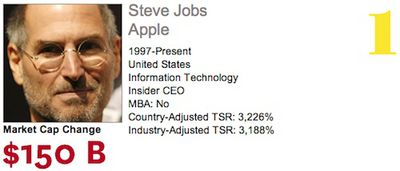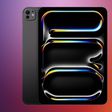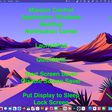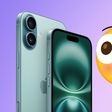In a lengthy BusinessWeek article, AT&T Mobility CEO Ralph de la Vega again attempts to clarify the company's plans for dealing with high-usage iPhone data customers by emphasizing incentives for shifting traffic off of its network rather than implementing tiered pricing as had been suggested earlier this month. The comments mark the second time a major media outlet has gone public with de la Vega's efforts to clarify his earlier comments.
Industry analysts have been figuring that AT&T would inevitably move from its $30-a-month, unlimited data plan for iPhone users to a "tiered pricing" model that charges according to usage. De la Vega says that no such move is imminent. "There are things people say I said that I didn't say. We have not made any decision to implement tiered pricing," he says -- repeating the last part for emphasis.
De la Vega's comments to BusinessWeek were made in a December 16th interview, which appears to coincide with the interview cited in the earlier Wall Street Journal report, although the latest report provides additional perspective on the misinterpretation of de la Vega's original comments that sparked the controversy.
Within hours the Web was filled with articles that said Ma Bell was about to raise prices or slap consumers with restrictive monthly usage limits. "There were no follow-up questions, so I figured everyone understood what I was saying," de la Vegas said in a Dec. 16 interview. "I guess I should have been more clear."
As noted in the earlier report, AT&T is looking to such solutions as free Wi-Fi hotspots and 3G MicroCell network extenders to shift data traffic to the Internet. The strategy sees Wi-Fi as a "lifeline" for overloaded cellular networks, whereas it had previously been seen as a threat to cellular companies.
It's a lifeline that AT&T plans to use heavily. On Dec. 15, AT&T announced a deal with McDonalds (MCD) by which the fast-food giant will waive for two hours a $2.95 Wi-Fi charge for customers at 11,000 restaurants. "Now customers can go to McDonalds and stay online as long as they want," says de la Vega. The agreement follows earlier deals with such retailers as Starbucks (SBUX) and Barnes & Noble (BKS).
AT&T has taken heat for apparent cuts in infrastructure spending, even as the iPhone has continued to drive increasing demand. Network performance monitoring companies, as well as more informal testing, have shown, however, increased performance for AT&T's 3G network, putting it on par with or better than its competitors.
